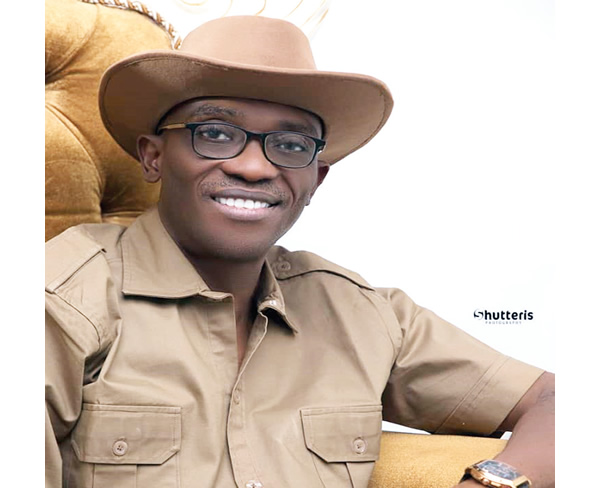The Labour Party in Nigeria is currently navigating a tumultuous period under the leadership of its National Chairman, Julius Abure. Following a recent ruling by the Federal High Court in Abuja, which upheld the legality of the March Nnewi convention where Abure was reaffirmed as the party’s leader, Abure expressed a desire to reconcile with dissatisfied party members and stakeholders. The court’s decision not only restored his leadership but also mandated the Independent National Electoral Commission (INEC) to acknowledge him as the legitimate head of the party. This ruling is seen as a significant endorsement of Abure’s claim to leadership amid rising internal discord within the party.
In the wake of the court ruling, Abure published a statement under the title “A New Dawn for Labour Party: Victory, Forgiveness, and Unity.” In this statement, he positioned the court’s decision as a broader win for justice and democracy, emphasizing that the legal foundation of the party’s leadership remains intact. He extended an olive branch to former adversaries within the party, offering forgiveness for what he termed character assassinations and blackmail. His call for forgiveness is coupled with a plea for repentance, as he hopes that those who opposed him would reflect on their actions, confess their missteps, and seek to mend relationships within the party.
Abure also underscored the importance of unity, encouraging former LP presidential candidate Peter Obi to help mediate a reconciliation process. By calling on Obi to assist in bringing the party together, Abure indicates a willingness to collaborate and foster dialogue among factions within the LP. His plans for the future entail focusing on rebuilding the party’s structure, reconnecting with grassroots members, and healing rifts that have caused division. His optimistic outlook reflects a determination to strengthen the party and enhance solidarity among its members to better position it for future political endeavors.
However, the Labour Party is not without its internal challenges. Abure faces significant opposition from influential party figures who have criticized the re-election process. They assert that the Nnewi convention, which reinstated Abure, lacked inclusivity and did not adequately represent the party’s diverse membership. This internal strife with stakeholders has been a significant source of tension, hindering the party’s effectiveness and unity. In response to these challenges, a 29-member caretaker committee was established by Obi, Abia State Governor Alex Otti, and others to oversee the party’s affairs and prepare for a more inclusive election process.
On the judicial front, the ruling by Justice Emeka Nwite was pivotal in reinforcing Abure’s leadership claim and underscoring the legitimacy of the party’s governance structure. The court acknowledged that the plaintiff had successfully substantiated his case, and therefore mandated INEC to confer all rights and privileges to the Abure-led Labour Party. This judicial backing not only consolidates Abure’s position but also raises the stakes for dissenting factions within the party who may feel marginalized by the court’s decision.
In summary, Abure’s urgent call for reconciliation and unity within the Labour Party reflects a broader understanding of the need for cohesion in the face of significant internal discord. While the court ruling has legitimized his leadership, the road ahead remains fraught with challenges as he seeks to mend relationships with dissenters and solidify the party’s structure moving forward. His appeal for restoration, alongside the involvement of key figures like Peter Obi, seeks to bridge the divides within the party and lay a foundation for renewed strength and functionality amidst the political landscape. The Labour Party’s ability to navigate these internal tensions will be crucial as it prepares for future electoral challenges in Nigeria’s dynamic political arena.














